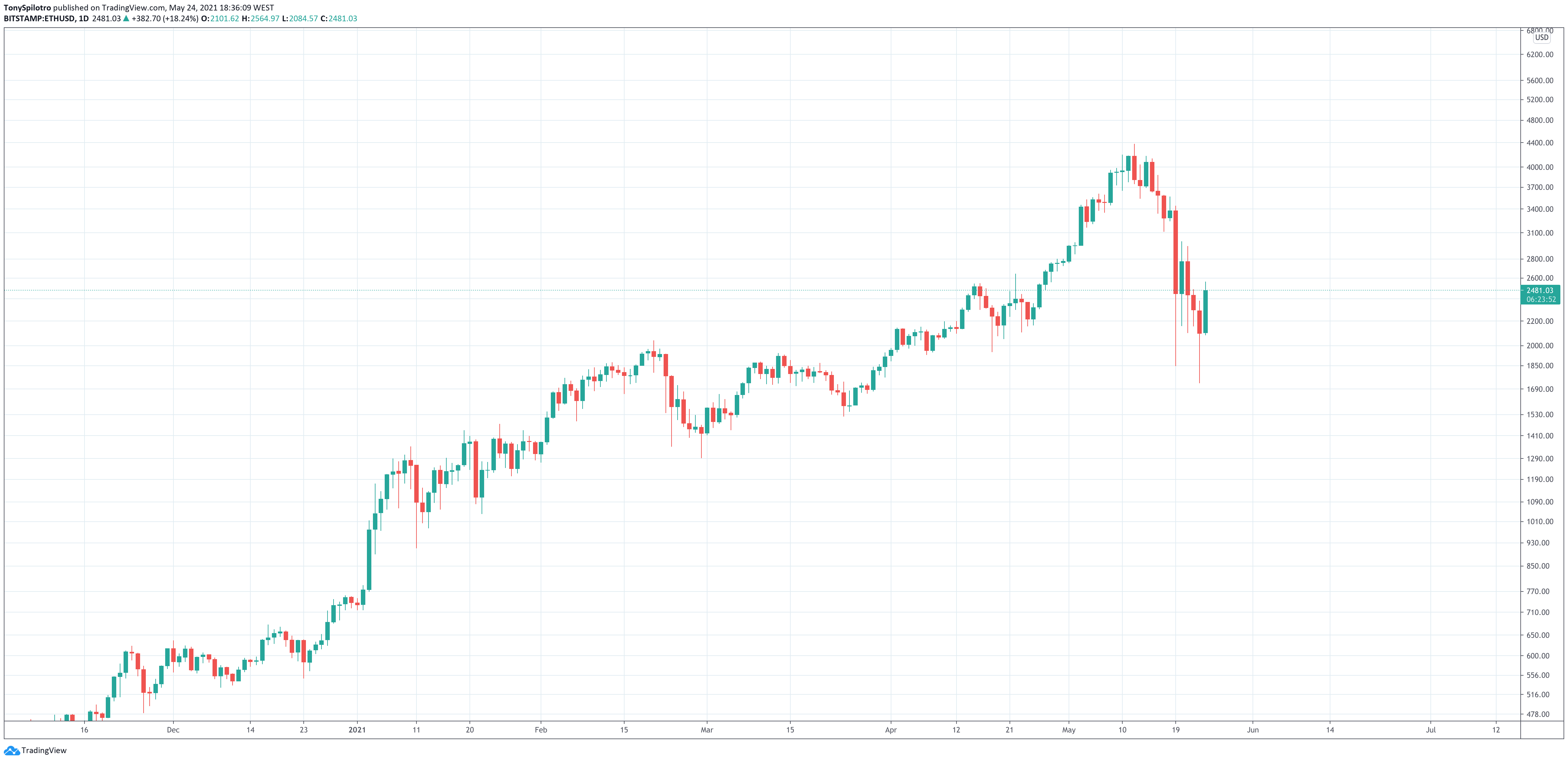The University of Pennsylvania’s Wharton School of Business is consistently seen as one of the best business programs in the U.S., and is the oldest collegiate school of business on the globe. In a new ‘Blockchain and Digital Asset Project’ report, titled “DeFi Beyond the Hype”, Wharton School contributors detail the ins and outs of DeFi, and conclude that DeFi has the “potential to transform global finance”.
DeFi Beyond The Hype: An Overview
The Wharton report, in collaboration with the World Economic Forum, provides an excellent high-level overview of the current DeFi landscape. On the first page of the twenty page brief, the team acknowledges that despite growth in DeFi services surging from under $1B in 2019 to over $80B in present day, DeFi as we know it is still “early in its maturation”.
The Wharton collaborators, led by Professor Kevin Werbach, bucket DeFi services into six different silos: stablecoins, exchanges, credit, derivatives, insurance, and asset management. The report goes on to take a deep dive into each of these silos and how DeFi operates within them, while still acknowledging that at times, the lines between them can get blurred. Werbach and team provide a strong fundamental overview looking at all the key parts of the DeFi machine as well (wallets, oracles, digital assets, etc.).
The team also outlines four “defining characteristics” of DeFi: engaging with financial services, trust-minimized operation and settlement (i.e., public permissionless blockchain integration), non-custodial design, and open, programmable, and composable architecture.
Related Reading | Top 10 DeFi Projects In Q2 2021
Addressing The Details
The report takes the time to address the gritty details that make DeFi so desirable for some, such as governance tokens and other incentives that drive liquidity. It also addresses the costs and benefits of this decentralization, and outlines the fine lines between centralized governance, partially decentralized governance, and decentralized governance.
Additionally, the report looks to outline opportunities and challenges in DeFi while being somewhat partial. Opportunities are vast, and include aspects such as reduced friction and transaction costs, improved accountability, improved market access, and greater inclusivity of financial services. However, they don’t come without inherent challenges, like throughput, operability across blockchains (and with traditional services), regulatory questions (particularly in the current landscape), and more.

Ethereum has been a focal point in the DeFi landscape. | Source: ETH-USD on TradingView.com
That’s A Wharton Wrap
The detailed report condenses a well-rounded full scope of DeFi in a thick twenty pages. However, beyond simply providing a broad perspective of what DeFi is, the Wharton team also takes the time to address protocols such as Uniswap and SushiSwap, asset pool protocols like Compound and AAVE, and more.
Wharton (and increasing academic institutions) are continuing to show and share their perspective around DeFi and blockchain tech as it develops. As the report aptly states, “tools are emerging to simplify the user experience on and across DeFi services”.
In closing, the report concludes that “DeFi will ultimately succeed or fail based on whether it can fulfill its promise of financial services that are open, trust-minimized, and non-custodial, yet still trustworthy”. It’s safe to conclude that there are many who believe that DeFi is well on it’s way to achieving exactly that.
Related Reading | DeFi Is About To Undergo A Radical Transformation
Featured image from Pixabay, Charts from TradingView.com
from NewsBTC https://ift.tt/3unYrOM
Find The best Lending Program Top CryptocurrencyLending Program
Tidak ada komentar:
Posting Komentar